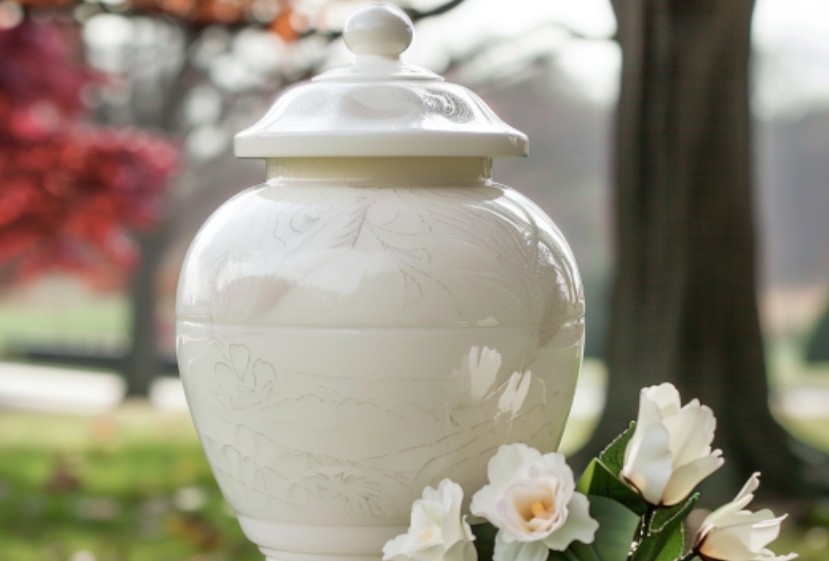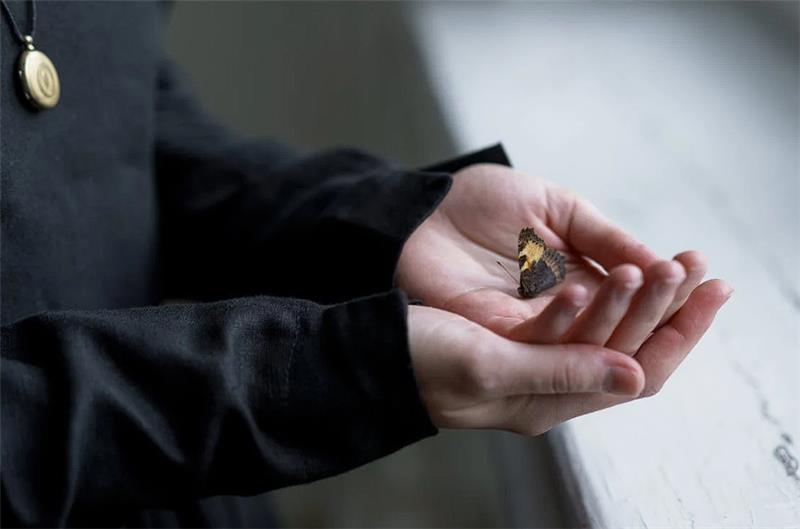Direct Cremation and Its Environmental Benefits

Direct cremation, often a choice made for its simplicity and affordability, also carries with it a range of environmental benefits that many are not aware of. As the world grapples with climate change and ecological concerns, our decisions, even in the face of death, have implications for the planet. An increasing number of families opt for cremation services in Flint, MI, driven not only by personal reasons but also by their eco-conscious considerations. So, what makes direct cremation a green choice? How does it compare to traditional burial methods? In this piece, we’ll delve into the environmental advantages of this choice. Join us as we explore the eco-friendly benefits of direct cremation.
Understanding Direct Cremation
Direct cremation is a process wherein the body is cremated immediately after death without a preceding funeral or viewing. This method stands apart from traditional cremation, which often comes after a memorial service. The simplicity and directness of the process not only offer financial benefits to families but also reduce the environmental footprint, making it an eco-friendly option. By skipping potentially resource-intensive ceremonies, direct cremation is a choice that’s both straightforward and sustainable.
Lower Carbon Footprint
Traditional burial practices, from embalming to the production of caskets, can have significant environmental costs. Direct cremation, on the other hand, requires fewer resources and produces less CO2, leading to a lower carbon footprint. Embalming fluids, known to contain formaldehyde and other toxic chemicals, can seep into the ground over time. By avoiding these, direct cremation reduces the risk of soil and groundwater contamination.
Conservation of Land
Cemeteries occupy vast expanses of land, with plots dedicated to each individual. As the global population continues to rise, space becomes a concern. Direct cremation, followed by scattering ashes or keeping them in an urn, can drastically reduce the demand for cemetery space. This conservation of land can instead be used for natural habitats, parks, or even agriculture, promoting a balance in land use and ecology.
Reducing Resource Use
Beyond using chemicals for embalming, traditional burials require wood or metal caskets, vaults, and sometimes even gravestones. The production and transport of these materials can be resource-intensive. Direct cremation minimizes the need for such products. This, in turn, means fewer trees are cut for wooden coffins, less metal is mined for metallic caskets, and overall, there’s a reduced demand for natural resources.

Economic and Ecological Synergy
Direct cremation is not only environmentally beneficial but also economically sound. Families often find this option more affordable than traditional burials, given the elimination of costs for caskets, burial plots, and other associated services. By choosing a method lighter on the pocket, individuals are inadvertently also making a gentler choice on the environment. This synergy between saving money and conserving the environment makes direct cremation a compelling option for many.
In a world increasingly conscious of its environmental footprint, direct cremation is a sustainable and responsible choice. The multifaceted benefits it offers, from reducing the carbon footprint to conserving land, make it a decision that aligns both with personal and ecological values. If you’re considering this eco-friendly option, the Detroit Cremation Society offers top-tier cremation services in Flint, MI, ensuring your final decision is as meaningful as it is environmentally considerate.




